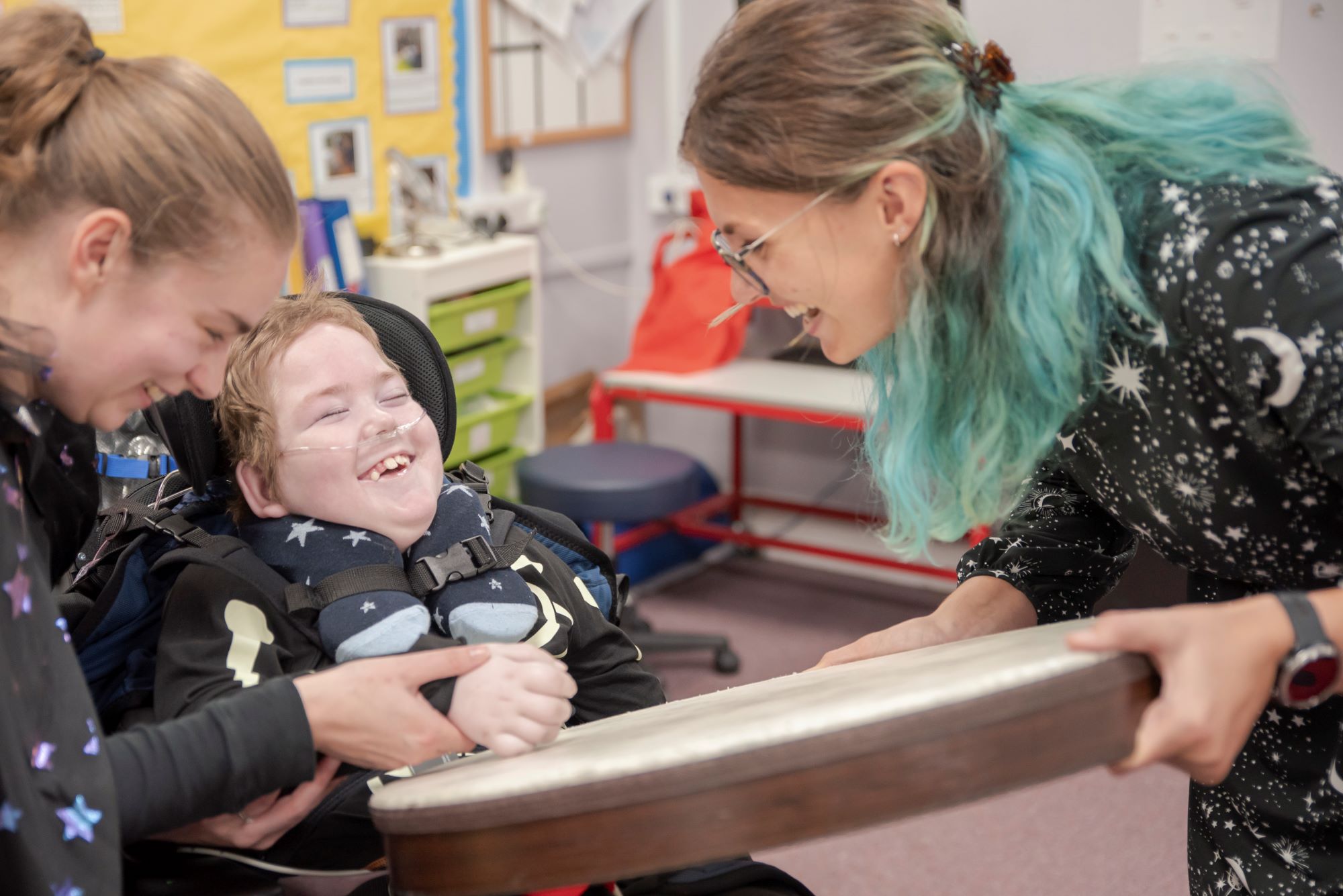
Many people tell stories about how they use music, especially music-making, to sustain their mental health and wellbeing. For some, this is a private matter done alone at home: playing an instrument, writing songs or producing music on a laptop. For others, it’s primarily a social thing: they find singing in a choir or playing in a band a meaningful way of being with others, feeling aesthetically fulfilled and thriving.
But equally, many musicians describe how professional music-making is an uncomfortably competitive business in which they feel powerless or even exploited. This can be profoundly damaging to their mental health and wellbeing – and it’s no surprise that many musicians fall out of the profession due to stress and overwhelm.
So, what if there was a way of being a professional musician that wasn’t all about competition or individual achievement? What if musicians could work with people affected by mental distress to co-create opportunities for experiences of wellbeing, creativity and healthy interaction?
One way in which this vision can be realised is music therapy. There’s no single definition of music therapy, but broadly it’s about making the potential individual and communal benefits of music-making available to people who stand to benefit most from them but may find them particularly hard to access. I’ve spent the last couple of decades working as a music therapist, and I’ve been privileged to have been a musical companion to a vast range of people in that time.
Most of my work has been in adult or adolescent mental health services, with people experiencing considerable distress. For some, using music as self-support is something they have known but lost, while for others, it is something new. My job, in an active musical way, is to assist in making (or re-finding) their relationship with music as something helpful in their lives.
In an in-patient unit for young adults, I met Cathy. She’d been diagnosed with an eating disorder and found emotional expression difficult. She’d learned the piano at school but was highly focused on being excellent, which, for her, meant getting all the notes right all the time. An important part of our work together was refocusing music as something expressive and, at times, safely intimate. This meant ditching the sheet music and learning to be playful in improvising together, accepting the risk of things not always sounding right and embracing the unexpected when it came along. Playing the piano together and using our voices, the music we made was exquisitely beautiful at times, and at others rough and challenging. This was initially very difficult for Cathy, but she came to value such experiences and see them as useful in life beyond music too.
On a long-stay psychiatric ward I met Jalal, who had been living with schizophrenia for many years. He initially presented as very isolated, pacing the corridor and talking to himself agitatedly. At first our work was fragmented: Jalal dipping in and out of the music room, occasionally playing a cymbal or a drum, or making short, sharp sounds with his voice. Every time this happened, I tried to show in my musical response that what he had done was valued, and using harmony, melody and rhythm I tried to invite him to do more. Over time, Jalal became a consistent member of a musical group, not only giving him a different experience of being on the ward but also enabling staff and other patients to see him as someone with a capacity for creativity, humour and sociability.
Music therapy is challenging: reflection and self-discipline are essential to working responsibly and safely with people in this way. I have to hold myself constantly accountable for the precision of my listening, the quality of my musical imagination, and my willingness to be led into musically and personally uncomfortable places by the people I work with (supervision helps me to hold myself accountable in this way).
 Northern Counties School (SEND), Newcastle, October 2022. Photo: Ed Hill
Northern Counties School (SEND), Newcastle, October 2022. Photo: Ed Hill
Undertaking a two-year master’s programme with Nordoff and Robbins was a huge decision and commitment, but the work it opened up has brought a whole new dimension to my musicianship, exposed me to new worlds of music, and enabled me to accompany people in ways and to places I could never have previously imagined. This is extraordinary work for any musician who yearns for their music to make a difference to others. It has enabled me to understand realms of human experience which are too easily dismissed as pathology in acutely musical and personal terms. Maybe it could for you, too.
Find out more about the Nordoff and Robbins Master of Music Therapy (MMT) programme at nordoff-robbins.org.uk/master-of-music-therapy-mmt




